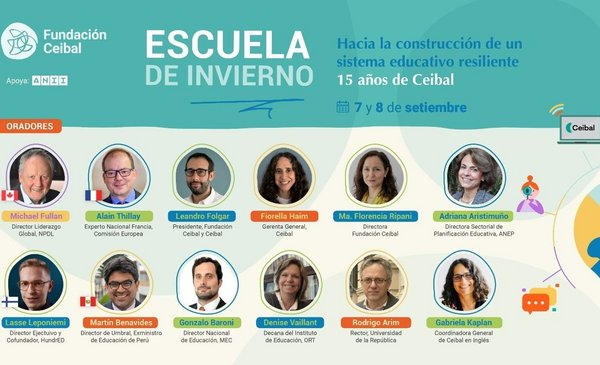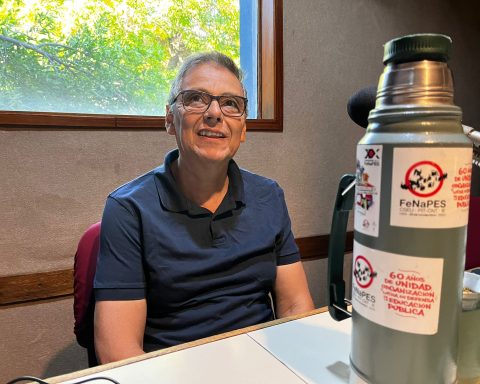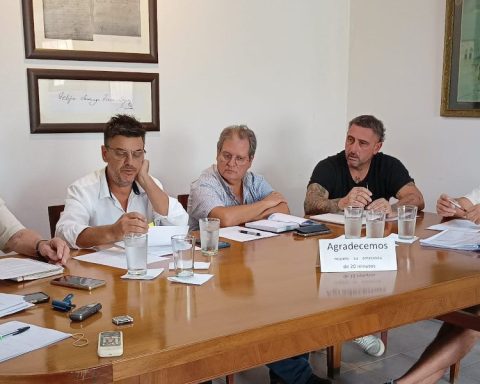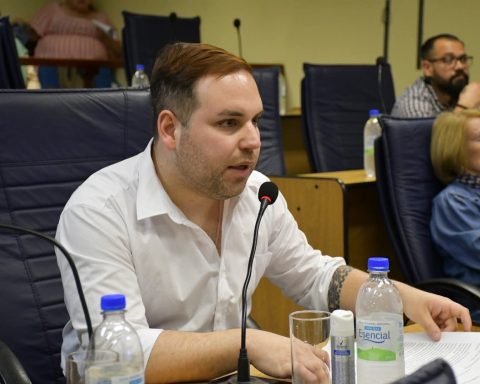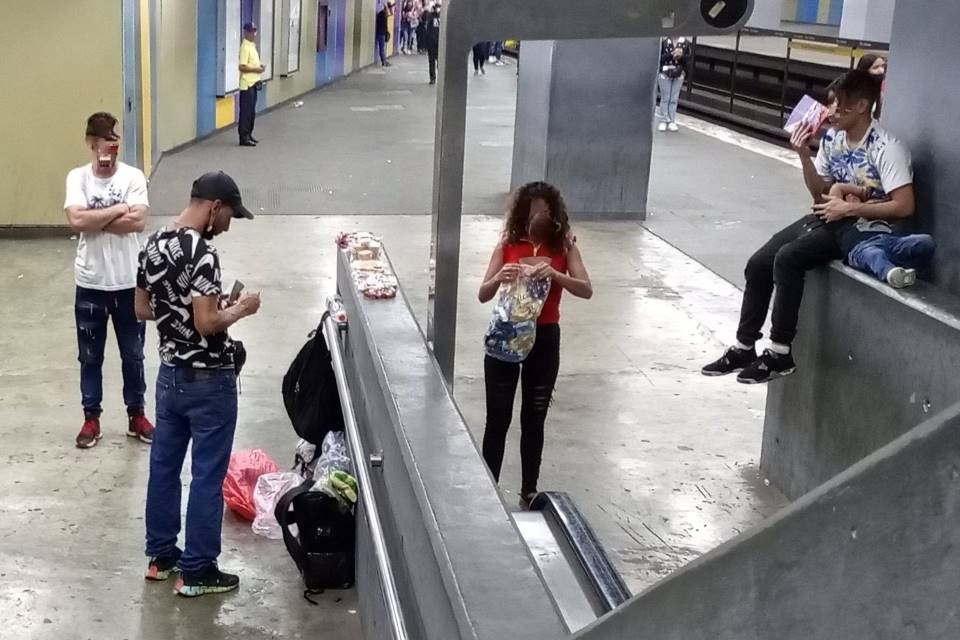On September 7 and 8, the sixth edition of the Winter School in Education and Technology will be held, organized by Fundación Ceibal with the support of the National Agency for Research and Innovation (ANII), which will feature the presence of prominent national speakers. and international.
In the event, which has the objective of generating a space for international reflection on education and new technologies that serves as a framework to promote the generation of research projects, the Education Sector Fund will be launched: Digital Inclusion modality (FSED) 2022 (which will be open until October 13).
“It is an activity that highlights the importance of framing Fundación Ceibal as a fundamental actor in the educational system, and that opens the doors for Ceibal to internationalize its academic body. Through the Foundation, Ceibal has access to researchers from all over the world, and through it it tries to carry out more inquiry and research projects with foreign counterparts”, explained Leandro Folgar, president of the Ceibal Foundation.
“That is a value, a strength also for Ceibal, beyond the fact that the Foundation is the one that takes it forward (to the Winter School). In particular, during the years of the pandemic, one of the things that the Foundation dedicated itself to doing was looking at how Ceibal was responding to a situation generated by such a critical event, with the closure of educational centers and the consequent loss of learning”, Folgar deepened.
The Winter School is closely related to priority areas of the Foundation, such as resilient systems at the service of education, but also with fundamental areas such as educational content, strategic information and user experience at the service of learning. In this sense, the president of the institution is convinced that promoting dialogue and enriching communication with the international community will allow us to continue innovating in resilient educational systems.
“One of the approaches that was most interesting was trying to observe what made an educational system resilient in a negative situation (such as the pandemic). What structures, what relationships, what methodology, what infrastructure, made an educational system more resilient to achieve two objectives”, continued Folgar. And he detailed: “One, identify it; and two, look to the future for when educational systems are rebuilt and strategies rearranged. Have a look of resilience towards the future, to face other similar events, which does not have to be a pandemic, it can be a flood that causes the closure of educational centers, or a fire, or any other natural disaster. Situations that interrupt learning as we know it”.
Therefore, the aim is to understand what is meant by resilient educational systems. “They are adaptable systems. They are flexible enough to adapt to new contexts. For that, agile communication systems are needed, report data that is also fast, and accurate; information in real time by fast mechanisms. In turn, they are educational systems based on multiple actors. That they are not centered on a medium or on a fundamental actor but rather are located in the relations between the community”, said the president of Fundación Ceibal.
The Winter School will feature a plenary session with renowned speakers such as Michael Fullan, professor emeritus at the University of Toronto and co-director of New Pedagogies for Deep Learning (NPDL), considered a world leader in reform educational.
Also participating will be Lasse Leponiemi, executive director and co-founder of the Finnish foundation, HundrED; Alain Thillay, who was part of the Directorate of Digital Education (DNE) of the French Ministry of Education and Youth (MENJ) as head of the Office of Support for Digital Educational Resources, Innovation and Applied Research, among others.
“The Winter School is a privileged environment for this community of international experts to bring examples and for Fundación Ceibal to bring together all these experts and, in turn, promote the Education Sector Fund: Digital Inclusion modality that we launched from here. We want the entire community of researchers who look at the Ceibal data to do research on it,” Folgar asserted.
The Background
The Education Sector Fund: Digital Inclusion modality (FSED) is aimed at financing research projects oriented to the priority lines and topics defined in conjunction with Ceibal and the National Administration of Public Education (ANEP), whose execution can be translated into proposals or inputs to be applied or transferred to the educational context of Uruguay. This instrument is promoted by Fundación Ceibal and ANII.
Aimed at research groups from national or international institutions, in the event that the applicant institution is located abroad, it must have a local counterpart. This to facilitate the generation of alliances with institutions from other countries that allow enhancing the impact of the projects.
Through this instrument, up to 80% of the total cost of the project will be financed for a maximum subsidy amount of $2,900,000. The minimum counterpart to be contributed by the beneficiary institutions will be 20% of the planned investment in the project. These may have a duration of between 8 and 24 months; projects that do not exceed 16 months will be prioritized.
“We have two modalities”, affirmed Folgar. “An A, oriented to priority issues and with results applicable to Ceibal in coordination with ANEP. There is the combined education, or hybrid, as it is also called; resume by competition; promotion of accessibility in education; the STEM line, science, technology, engineering, art and mathematics; the use of data to monitor the educational trajectory; he did not abandon”.
And modality B, continued the head of Fundación Ceibal, is aimed at the line of interest of this institution. The “skills for the digital society, use of data with artificial intelligence, digital inclusion, innovation in teaching and learning, feedback and evaluation” are concentrated there.
The application process is carried out through the ANII website (https://www.anii.org.uy/). In this edition, the first step will be the presentation of an idea to be developed on one of the priority thematic lines defined in the bases. The ideas submitted will be evaluated and those that are pertinent and priority will go to a second instance where the project proposal must be presented, which will be evaluated according to technical and applicability aspects.
the pandemic
Folgar left a final comment about the impact of the covid-19 pandemic on education, and how the country reacted to this challenging instance. “It is complex to describe the phenomenon. Two things are true at the same time. One is that Uruguay did very well in the given context, but it was not even close to satisfactory results for an educational system”, he mentioned.
“Uruguay positioned itself very well by providing emergency remote education. What happens is that in emergency conditions the ideal conditions are not given, for which one designs an educational system. Compared to the region and other countries, the impact in terms of learning losses turned out to be much lower because it did things very well, and Ceibal had a very large deployment”, highlighted the president of Fundación Ceibal.
